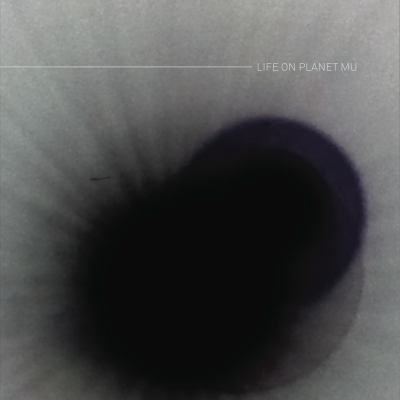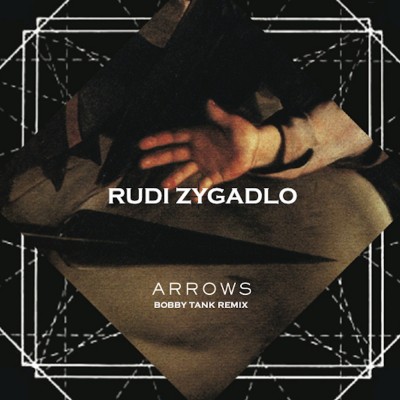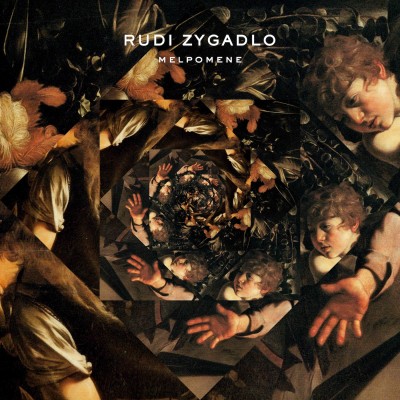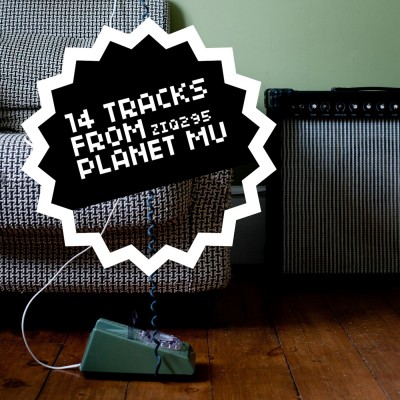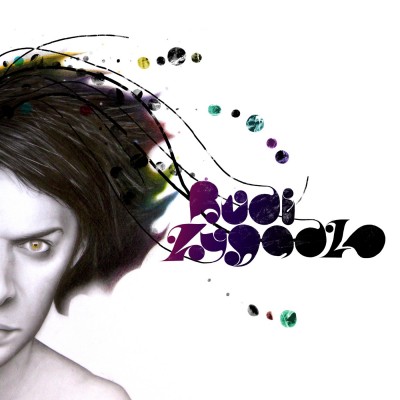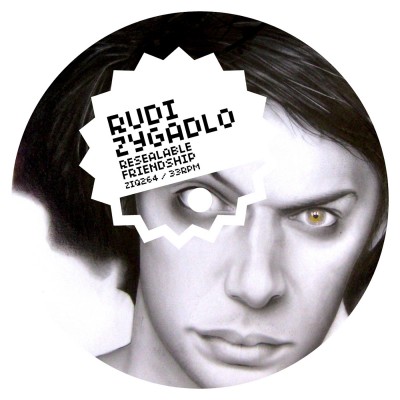
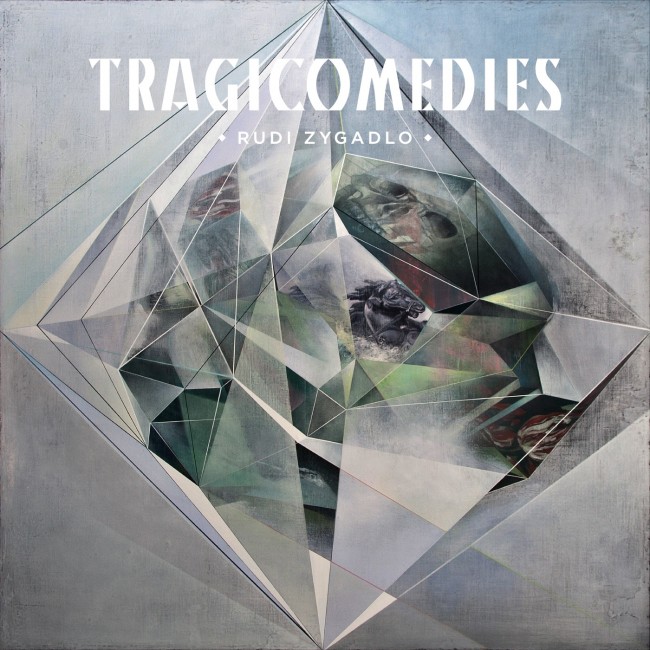
As both singer-songwriter and electronic musician, the sound on Rudi Zygadlo’s new album Tragicomedies defies easy categorisation and pigeonholing. His debut, 2010’s Great Western Laymen (Planet Mu) took the fundamentals of Dubstep to a point previously unheard, amalgamating off-kilter influences like choral music and Frank Zappa into the mix, opening the ground for the inevitable fusion of Dubstep and song that was to follow from many artists. At the time The Fader called his debut “smart, weird pop songs built with big ideas and the kind of magpie ingenuity that is sometimes mistaken for mental illness.”
Wilfully perverse as ever, Rudi took his second album Tragicomedies on a different trajectory, dumping the Dubstep chassis, while leaving its faint traces and treatments, jump cuts and edits. Tragicomedies is a puzzling, romantic and emotionally open album, cerebral, yet poppy and direct, weaving from woody, folky arrangements to doo-wop and the elegant structures and motifs of classical music in an unforced and playful way.
The album opens with a lyrical reminder of past love – the woozy pitchy piano ballad of Kopernikuss, which is swiftly followed by Melpomene, where the piano vamps reach a crescendo while Rudi sings of his lost love. By the time we reach the album closer it’s clear Zygadlo has been operating in a musical zone unique to himself, with repetition of the classical Minimalist replacing some of the Dubstep-inspired structure of his past as just one key aspect of this bold album. Listen more closely and you’ll detect echoes of a broad range of music including Laurie Anderson, Raymond Scott, Le Mystère Des Voix Bulgares, Alfred Schnittke, John Zorn, Bach, Prince and much more. – but what’s most striking is how Rudi’s twisted take on pop has a distinctly 2012 feel to it. The music and the lyrics of each song burst at the seams with a sense of now. This is music pouring out of Rudi Zygadlo in the most natural way possible. Full of emotion, life and living. Sensationally so.
In the process of making Tragicomedies, Zygadlo moved from his native Glasgow to Berlin where he says “I did have a couple of life-changing experiences there and they wrote most of the album.” However, instead of soaking up the electronic music culture that often brings people to the place, he is keen to clarify – “I don’t think you’ll hear the sound of Berlin there. Its not a Berlin song cycle or Techno album” and in a typical act of wilful perversion Rudi says when he lived there he “listened to a lot of classical music. Taking acid and listening to the Grosse Fuge is far more interesting than listening to contemporary dance music on drugs. Virtually the only gigs I went to were the free lunch time chamber recitals at the Philharmonie on Tuesdays.” Instead, Rudi states clearly the new album is inspired by three key sources “Other music. Other conversations. Other literature.”
Literary influences have always been around for Rudi. On Great Western Laymen he referenced the work of both Beckett and Bulgakov. The new album is clearly influenced by Greek mythology. Zygadlo elaborates, “I’ve always loved Greek mythology. One idea for the album was to write a song about each of the nine muses. The first one I wrote was “Terpsichore”, muse of dance, player of lyre and in my mind a constant performer. I didn’t finish it.” Instead he let the album unfold in an organic way because Rudi isn’t one to force things.
Rudi has also drawn inspiration from American author Thomas Pynchon – “his writing is the most rewarding I’ve ever read and perhaps, at the moment, the most inspiring; the most idiosyncratic, the most baffling. Words fail me.” The term idiosyncratic could easily be applied to Zygadlo himself. What we haven’t said here is how all of his seriousness is infused with a very up-north and distinctly Scottish sense of humour and general sense of irreverence, so in reality despite all the talk of words (and don’t get us wrong, he is a wordsmith) there’s also most importantly a massive sense of play in this new album. These kind of simple opposing contradictions are what make Zygadlo one of the more exciting singer-songwriters today. Free, now, from genre constraints he’s crafting the kind of intelligent pop music his hero Frank Zappa would be making if he were producing post the bass music revolution. Pop for people who read.
01 Kopernikuss
02 Melpomene
03 Russian Dolls
04 An Introduction
05 Tragicomedy
06 The Domino Quivers
07 Persephone
08 Catharine
09 The Deaf School
10 Black Rhino
11 Waltz For Daphnis
12 On
13 Variously Made Men
